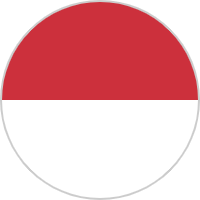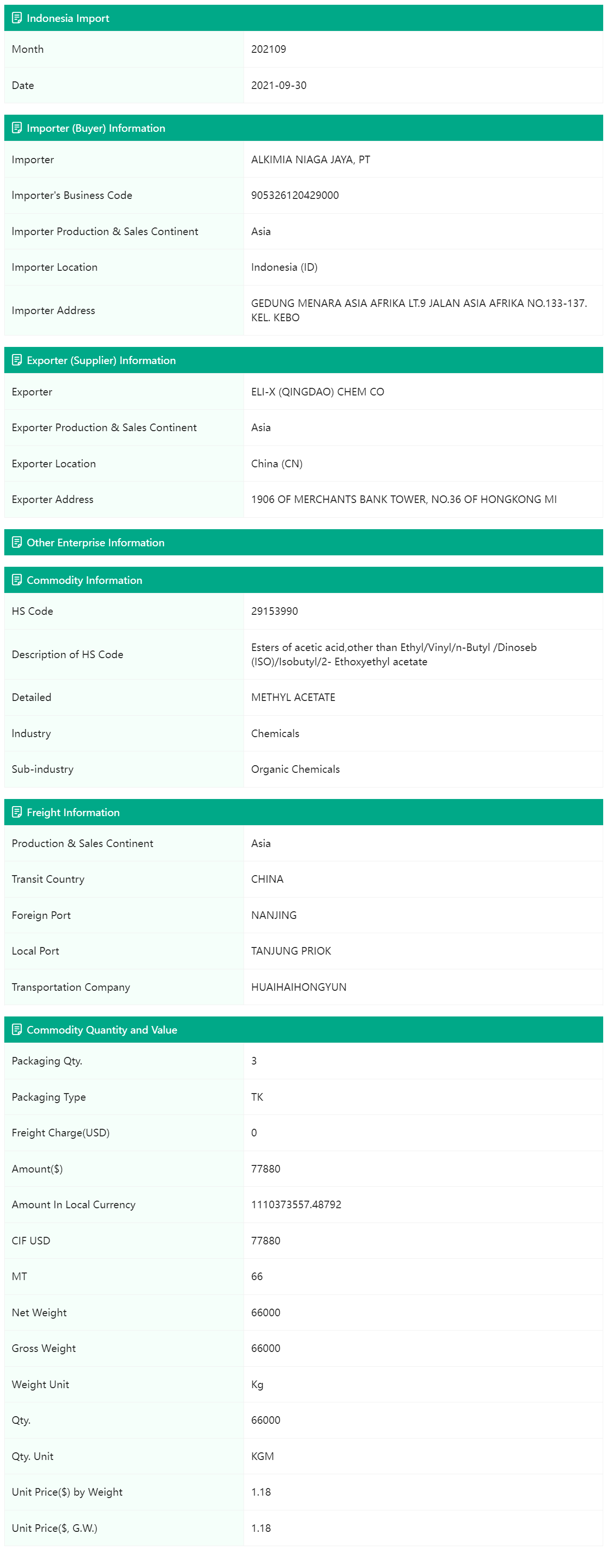Please Sign in to view recently saved searches.
Indonesia, as the largest economy in Southeast Asia, accounts for approximately 40% of the total population and holds a market share of around 38% within ASEAN. The country plays a significant role across multiple economic sectors including agriculture, industry, and services. According to data released by the Indonesian Central Bureau of Statistics, Indonesia's GDP growth rate reached 5.05% in 2023, with a per capita GDP of approximately $4920, outperforming market expectations and providing a favorable market environment for foreign trade enterprises.
Despite plans to relocate its capital from the congested and sinking Jakarta to Nusantara, Jakarta remains the largest city in Southeast Asia. Major export goods from Jakarta include rubber, tea, pepper, coffee, timber, zinc, cloves, petroleum, and tobacco, while imports primarily consist of machinery, steel, rice, pharmaceuticals, electrical appliances, cattle, and sugar. Jakarta accounts for over 50% of Indonesia's import throughput, with major trading partners including Japan, the United States, and Singapore.
Indonesia's infrastructure development also supports its trade growth, particularly in maritime transportation. As an archipelagic country, Indonesia boasts numerous ports, with a total waterway length of 21,579 kilometers and approximately 670 ports nationwide, including 25 major ports. Tanjung Priok Port in Jakarta is the largest international port in the country, handling around 2.5 million TEUs annually, while Tanjung Perak Port in Surabaya ranks as the second-largest port, primarily handling coal imports and exports with an annual throughput of 2.04 million TEUs. Belawan Port, situated on the northwest coast of Sumatra Island, exports rubber, palm oil, coffee, tobacco, and tea, while imports mainly consist of rice, flour, fertilizers, petroleum, and cement. It is a major port for Indonesia's petroleum exports. Additionally, Indonesia's road, rail, and air transport networks are relatively well-developed, providing convenient conditions for both domestic and international trade.
Overall, Indonesia's trade situation reflects its economic diversification and openness to foreign trade, particularly in cooperation with important trading partners such as China, demonstrating significant market potential and growth prospects.
Indonesian customs data can assist in monitoring and analyzing the flow of import and export goods, including information on the types of goods, their origins, destinations, and transaction values. Such data is crucial for understanding trade activities between Indonesia and its trading partners, aiding enterprises in devising market strategies and exploring new trade opportunities.
Importers and exporters can utilize Indonesian customs data to analyze market demands, supply chain dynamics, and trade trends. By understanding the types, quantities, values, and origins of imported goods, they can make more accurate market predictions and develop corresponding import-export strategies.
Indonesian customs data can help importers and exporters understand Indonesia's market demand for different products, enabling them to position their products effectively in the market. By considering factors such as market demand, competition, and pricing levels, they can select suitable product types and sales channels to enhance their competitiveness and market share.
Do you want to understand the market demand in Indonesia? Are you looking to expand your international market presence in Indonesia? Are you seeking more cooperation with clients and reliable suppliers in Indonesia?

Sample Data


